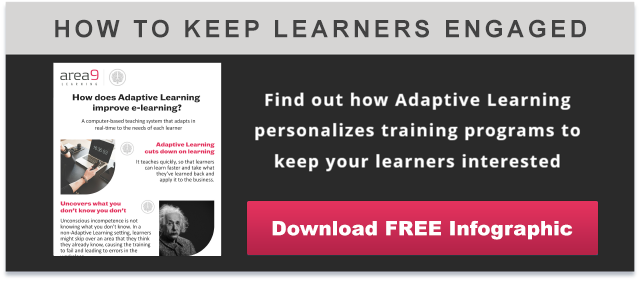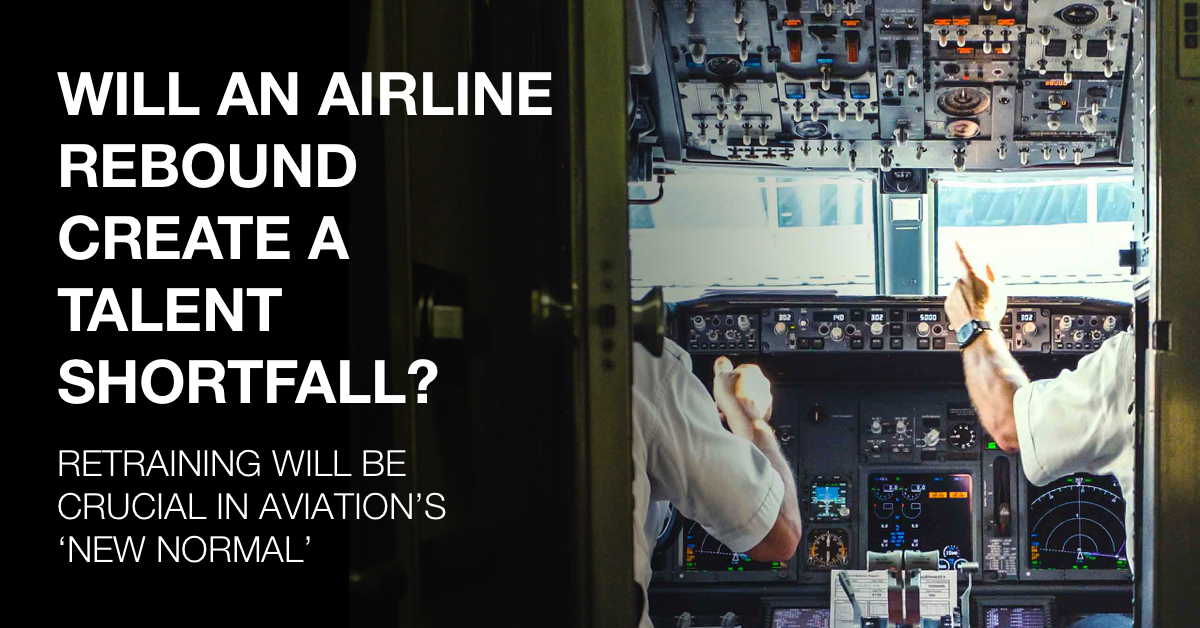The implementation of the Advanced Qualification Program (AQP) in 1990 changed aviation industry training for the better. With its emphasis on company-specific, innovative, and flexible training, and its data collection capacity for auditing purposes, AQP is a more creative and effective approach to aviation industry training than more traditional methods. And the results show that it works: there are fewer fatal airline accidents now than in the past — 2017 was a benchmark year for airliner safety.
But in the evolving landscape of aviation industry training, Adaptive Learning can take the positive aspects of AQP and amplify them to optimize the impact of your training in less time than before while also providing the data to show progress toward mastery of the training material. And because it works seamlessly with your existing LMS, you won’t have to change to a new system.
Optimize the Advanced Qualification Program with Adaptive Learning
Adaptive Learning takes as its starting point the basic premise that pilots:
- learn at different rates
- have different areas of strength and weakness
- will progress through training material differently in order for it to be most effective
Adaptive Learning uses what we call a biological model to adjust training to the needs of individual pilots. It intermixes questions and content and continually assesses each pilot’s confidence to identify and target strengths and development areas to optimize the learning experience.
This individualized approach ensures:
(i) Learner mastery. Pilots are exposed to material they need to boost knowledge and skills in key areas. The Adaptive Learning software will also uncover areas of unconscious incompetence — what they don’t know they don’t know — and provides instruction to remediate, so pilots focus only on what they need to know, not on what they already know.
(ii) Faster training time. By targeting the specific needs of each pilot, Adaptive Learning cuts pilot training time by up to 50%, allowing pilots to zero in on what they need to know without wasting time covering material they have already mastered.
(iii) Individual and group data trails. Airlines participating in AQP must design and implement data collection strategies; Adaptive Learning collects this data for you — on both individuals and groups — allowing you to fulfill auditing requirements, and, more importantly, to keep track of what the ongoing learning needs are in your company. And rather than a simple pass/fail metric, Adaptive Learning can quantify what your pilots do know, as well as the areas in which each pilot is not yet proficient.
AQP was a positive step in the 1990s when it promised to provide a more creative and safer solution to aviation industry training needs and the flexibility inherent in this approach delivered on these promises.
But Adaptive Learning allows for the ultimate in flexible and effective training possibilities, with the most desirable outcome: learner mastery of safety and compliance materials while saving your company money in reduced training time.
To learn more about how Adaptive Learning can enhance your training, download this infographic:







